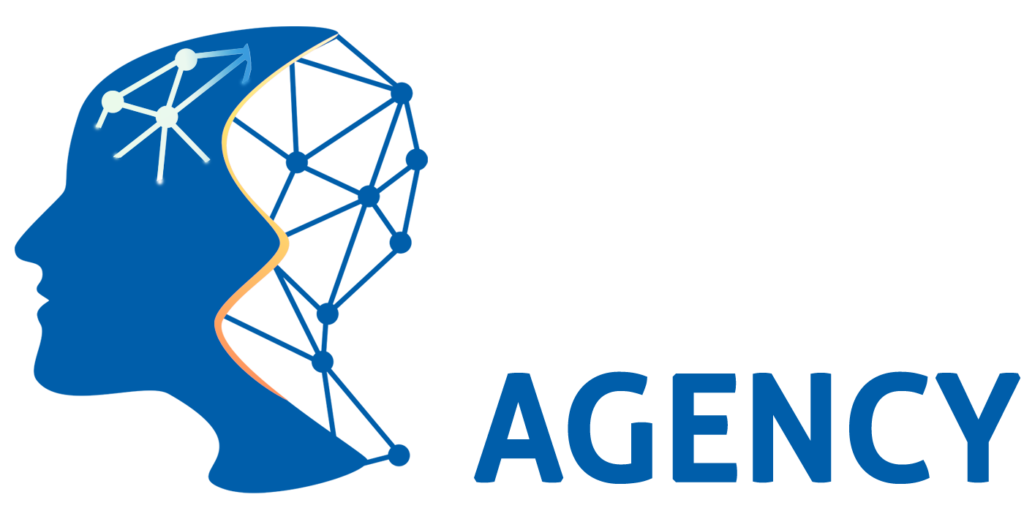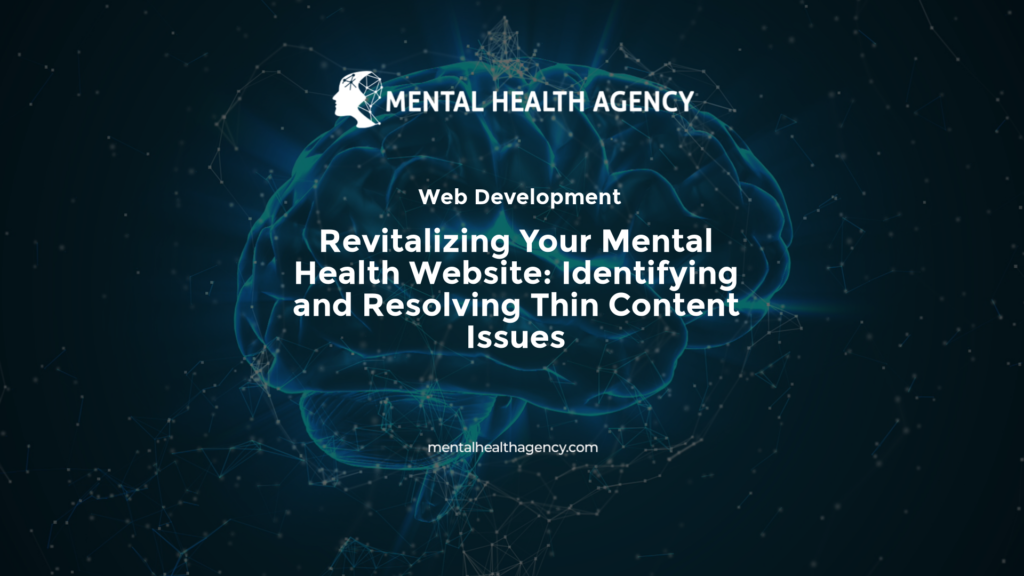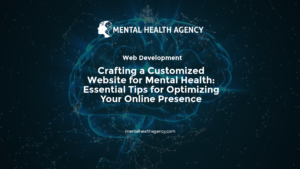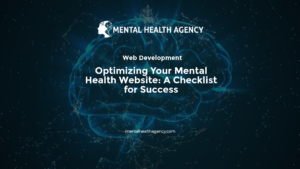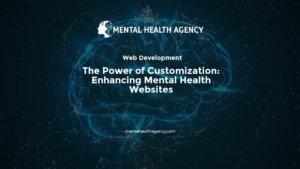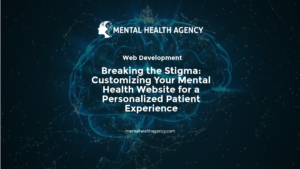Revitalizing Your Mental Health Website: Identifying and Resolving Thin Content Issues
In today’s digital age, it is essential for mental health practices to have a user-friendly and informative website to attract and retain patients. However, simply having a website is not enough. Your website needs to have high-quality content that engages your audience and provides them with the answers they need. Thin content, or content with little to no substantive value, is a common problem for many mental health websites, and it can negatively impact the site’s search engine rankings and patient engagement.
What is Thin Content?
Thin content refers to pages on your website that have little or no meaningful content. This can include pages with only a few sentences, duplicate content, or pages with irrelevant or outdated information. Search engines like Google penalize websites with thin content because it provides a poor user experience for their searchers. As a result, a website with thin content may rank lower in search engine results pages, making it more difficult for potential patients to find your practice.
Identifying Thin Content on Your Website
If you want to improve your website’s performance, you first need to identify any instances of thin content. A thorough website audit is the best way to identify any thin content on your site, and it can also help you identify other issues that may be affecting your website’s performance.
A website audit can provide insights into the areas of your website that need improvement. Look for pages on your website with low engagement metrics like high bounce rates or short session durations. These metrics are indicators that your website visitors are not finding your content useful. Another way to identify thin content is to use keyword analysis tools to identify any pages with little to no relevance to your practice’s services or geography.
Resolving Thin Content Issues
Now that you have identified the thin content on your website, it is time to take action and improve your website’s performance. Here are a few steps you can take to resolve thin content issues:
- Revise Existing Content: Review pages with thin content and revise them to provide more value to your patients. Make sure your website content is informative, engaging, and relevant to your mental health practice.
- Create New Content: Create new pages with rich, high-quality content that provides value and information to your patients. Ensure that your new pages are well-structured and readable, with headings and subheadings that break up the text and make it easier to read.
- Remove Irrelevant Content: Eliminate any pages or content that are not relevant to your mental health practice or have little value to your patients. This can include outdated blog posts, empty pages, or duplicate content.
- Use Multimedia: Incorporate multimedia like images, videos, and infographics to make your content more engaging and visually appealing. Patients are more likely to remember and share content with multimedia elements than plain text.
The Benefits of Resolving Thin Content Issues
Resolving thin content issues on your website can have several benefits that improve your website’s performance, search engine ranking, and patient engagement. Here are a few of the benefits:
- Improved Search Engine Ranking: By resolving thin content issues, your website will rank higher in search engine results pages, allowing potential patients to find your mental health practice more easily.
- Increased Patient Engagement: Patients are more likely to engage with high-quality, informative content that provides them with the answers they need.
- Higher Patient Conversion Rates: A website with high-quality content is more likely to convert website visitors into patients. By improving your website content, you can increase your patient conversion rates and grow your mental health practice.
Tie-In to The Mental Health Agency’s Services
At The Mental Health Agency, we understand the importance of having high-quality content on your mental health website. Our team of digital marketing experts can help you identify and resolve thin content issues, create engaging multimedia content, and improve your website’s search engine ranking. Our services include search engine optimization, patient retention, video marketing, reputation and review management, social media management, and web design. We can work with your mental health practice to develop a customized digital marketing plan that addresses your unique website needs and goals. Contact us today to schedule a strategy session call and learn how we can help you improve your website’s performance.
